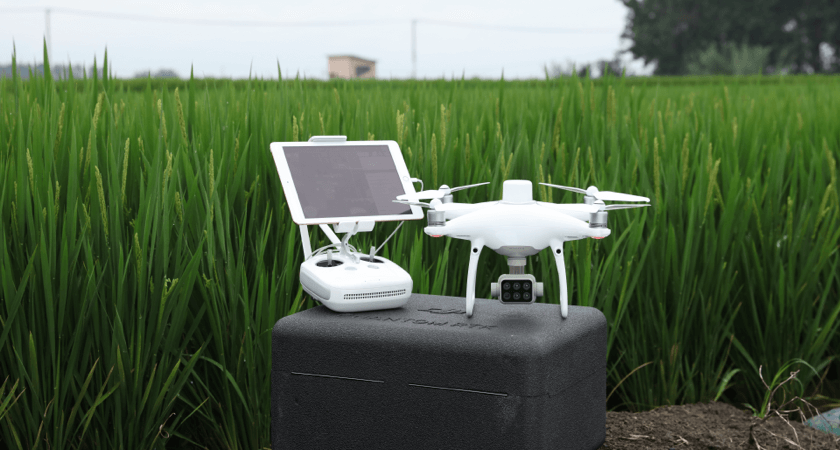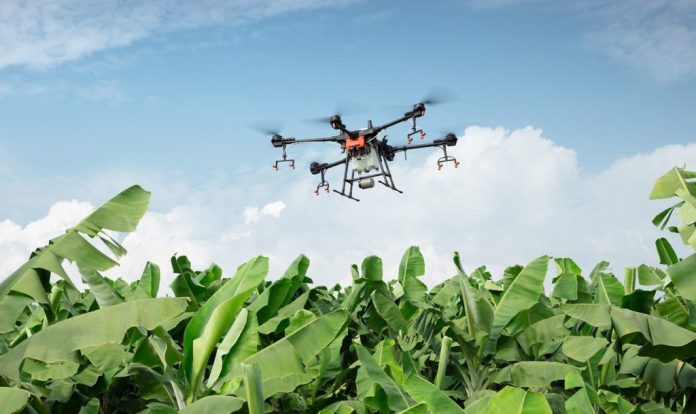In an era of rapidly advancing technology, the agricultural industry is undergoing a major transformation. Precision Agriculture, also known as precision farming or smart farming, is at the forefront of this revolution. This innovative approach integrates technology, data analytics, and advanced tools to optimize farming practices, improve productivity, and reduce environmental impact. In this post, we will delve into the concept of Precision Agriculture, its key components, and the significant benefits it offers for farmers and the global food system.
What is Precision Agriculture
Precision Agriculture is a holistic approach that combines technology, data, and agronomic expertise to manage agricultural practices with unparalleled precision. It aims to maximize crop yield, optimize resource utilization, and minimize environmental impact. By adopting site-specific management techniques, farmers can tailor their actions to the unique needs of different areas within their fields, resulting in more efficient and sustainable farming practices.
Read also: Integrated Crop Management (ICM): Key Components and Objectives for Sustainable Crop Production
Key Components of Precision Agriculture
a. Global Positioning System (GPS) and Geographic Information System (GIS): These technologies provide accurate field mapping, enabling farmers to precisely locate and manage specific areas of their land. This information is crucial for variable rate applications of inputs such as fertilizers, pesticides, and irrigation, optimizing their use and reducing waste.
b. Remote Sensing: By utilizing drones, satellites, and other remote sensing technologies, farmers can gather detailed information about crop health, soil moisture, and nutrient levels. This real-time data allows for early detection of stress, diseases, or nutrient deficiencies, enabling prompt action and targeted interventions.
c. Data Analytics and Decision Support Systems: Precision Agriculture relies on sophisticated data analysis techniques and decision support systems. By integrating data from various sources, including weather patterns, soil composition, and crop growth, farmers can make informed decisions about planting, irrigation scheduling, fertilization, and pest control. These data-driven insights help optimize resource allocation, minimize waste, and improve overall farm management.
Read also: IPM: The Most Effective Weapon For Fighting Crop Pests
Benefits of Precision Agriculture
a. Increased Productivity: Precision Agriculture techniques enable farmers to optimize inputs and make data-driven decisions, resulting in increased crop productivity. By precisely managing irrigation, fertilization, and pest control, farmers can ensure that crops receive the right amount of resources at the right time, leading to healthier plants and higher yields.
b. Resource Efficiency: Precision Agriculture minimizes resource wastage by precisely tailoring inputs to the specific needs of crops. This reduces the overuse of fertilizers and pesticides, conserves water through efficient irrigation systems, and minimizes energy consumption. As a result, farmers can achieve significant cost savings and contribute to the sustainability of agricultural practices.
c. Environmental Sustainability: By reducing the use of agrochemicals, improving soil health, and minimizing water consumption, Precision Agriculture promotes environmental stewardship. It helps mitigate the negative impact of agriculture on natural resources, such as water pollution and soil degradation. Additionally, precise targeting of inputs reduces the risk of runoff and minimizes the impact on surrounding ecosystems.
d. Economic Viability: Precision Agriculture practices, although initially requiring investment in technology and infrastructure, have the potential to generate significant returns for farmers. By optimizing resource use, reducing input costs, and increasing yields, farmers can enhance their profitability and long-term economic viability.

Future Trends and Innovations
Precision Agriculture is an evolving field, with continuous advancements and innovations. Some emerging trends include the integration of Artificial Intelligence (AI), machine learning, and big data analytics to enhance decision-making capabilities. The use of robotics and automation in farm operations is also gaining momentum, improving efficiency and reducing labor-intensive tasks.
Conclusion
Precision Agriculture has the potential to revolutionize the way we produce food, ensuring sustainable and efficient farming practices for the future. By harnessing the power of technology, data analytics, and informed decision-making, farmers can optimize productivity.


